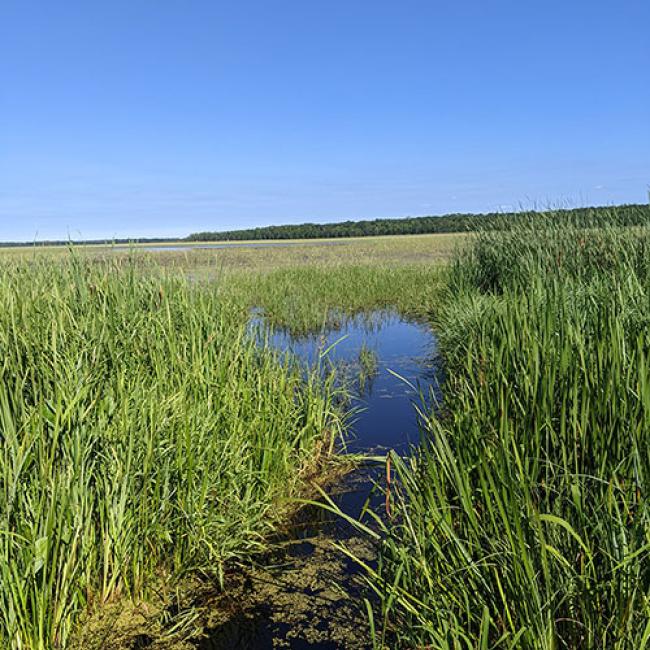Project Summary
The project team is developing a comprehensive Indigenous organizational community caretaking model that addresses Anishinaabe wellbeing and justice equity priorities, such as community reintegration, family wellness, cultural reclamation, employment, housing stability, and disconnection from carceral systems. By integrating traditional values with contemporary demands, this research will address the immediate needs of Northwest Indian Community Development Center (NWICDC) members and contribute to long-term systemic change, promoting sustained well-being and justice. NWICDC, as the largest Native non-profit provider of culturally specific services in Northern Minnesota, will lead the implementation and advocacy efforts, ensuring that the findings translate into actionable strategies across its programs and influence broader state policies.
Research Questions/Aims
- How do Anishinaabe communities in the NWICDC service area conceptualize and reclaim health and well-being equity? What specific roles do community reintegration, family wellness, cultural reclamation, workforce and housing stabilization, and disconnection from carceral systems play in advancing these priorities?
- What are the current needs and challenges faced by NWICDC members across varied programmatic areas in self-actualizing Anishinaabeg ideas of health and wellbeing?
- How can the relationships, power dynamics, and institutional norms among healthcare providers, government agencies, and other community organizations be transformed to support implementation of the community caretaking model in NWICDC’s service area?
Actionability
- Promote traditional practices and holistic wellbeing; Improve connections between Indigenous communities and settler populations, fostering community cohesion;
- Challenge and change harmful narratives and mental models about Indigenous peoples in our region; and
- Address complex social and economic challenges to foster cultural connections and develop holistic solutions for Indigenous populations.
Outcomes
Health and wellbeing of Anishinaabe communities in Northern Minnesota and what it means to the Indigenous communities; long-term pathways to sustained and generational healing
Methodology
The team’s approach involves grounding work in Anishinaabeg traditions and ways of knowing, engaging community members and knowledge bearers, and enhancing programmatic responses to health equity. They are using participatory methods such as community sharing circles, workshops, systems mapping, and appreciative inquiry to gather and analyze data, ensuring trauma informed practices throughout. This model is rooted in the Anishinaabe principles of Mino Bimaadiziwin and inspired by the holistic process of wild ricing, which emphasizes the importance of individual roles and community collaboration in achieving sustainable harvests (not just a cultural metaphor for this project, but an acknowledgement of responsibility). The model emphasizes cultural reclamation, community reintegration, family wellness, and housing and workforce stability. The Indigenous Feminist Evaluation (IFE) Framework, co-developed by members of the project team, is rooted in Indigenous knowledge systems and perspectives and provides a culturally resonant method, emphasizing anti-carceral approaches and future possibilities. The project team is incorporating IFE principles into the research and development process, leveraging the inherently developmental nature of Indigenous evaluation frameworks to make them versatile for various applications beyond formal evaluation.

Northwest Indian Community Development Center
Tribal Law and Policy Institute